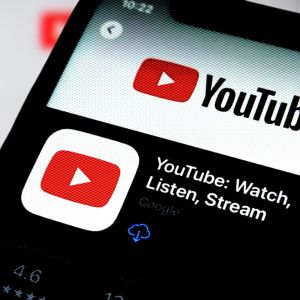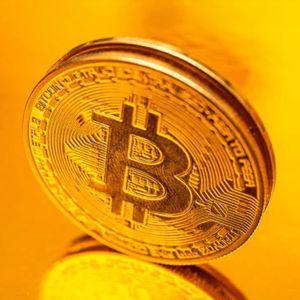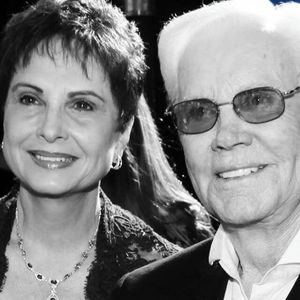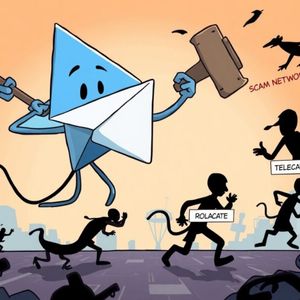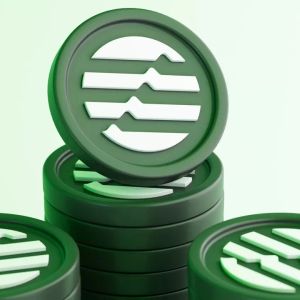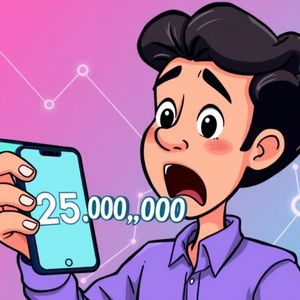

Australia adds YouTube to under-16 social media ban after backlash
Australia has added YouTube to a list of online sites and apps that will be blocked as part of a proposed ban on social media for children under 16 after facing major backlash for initially leaving it out. The ABC reported Tuesday that Australian Prime Minister Anthony Albanese and communication minister Anika Wells would announce the move on Wednesday. The move would bring YouTube abruptly into the company of major social networks, such as TikTok, Instagram, and Snapchat, as potential targets of the proposed regulations. Due to coming into force as early as the end of 2025, the ban will prevent children from setting up or using accounts on popular social media sites where parent or guardian consent is not included as a requirement offered by the service. The announcement comes as the internet companies face mounting pressure over young people’s safety online, including their use of social media and its effects on mental health and exposure to harmful content. YouTube was not originally included in the roundup of platforms that the legislation would apply to. The exclusion had resulted in numerous complaints from rivals in the tech industry and safety advocates. It also raises long-term questions about the fairness and effectiveness of the law that is now being considered. Regulators demand better protections for kids The government’s decision to expand the codes to YouTube is a response to years of pressure from multiple quarters, including inside and outside the tech industry. Regulators, including the eSafety Commissioner, Julie Inman Grant, have warned that not including YouTube would leave a gaping loophole in shielding children from the worst of the digital world. YouTube is often the first platform young Australians use for learning, entertainment, and social interaction. However, it has also become a major channel through which harmful content reaches this age group. Excluding it from regulation would undermine the effectiveness of the entire policy. The row intensified last month when it was revealed that the then-communications minister, Michelle Rowland, had secretly reassured Google executives, who own YouTube, that their platform would not fall under the new rules. The personal pledge , previously reported, drew outrage and questions about transparency and influence in creating policy. Competing firms, including Meta Platforms Inc. (the parent company of Facebook and Instagram), Snap Inc. (Snapchat), and TikTok, reportedly pushed back, arguing that the law would need to be applied uniformly across all platforms to be effective. Firms must act to restrict under-16 access While the new restrictions aim to keep online spaces safer for children , they are also fraught with enforcement issues. Minister Wells acknowledged that tech-savvy young users will look for a way around the restriction. “Kids will find workarounds, God bless them, we know they will,” Wells told ABC on Wednesday. “Platforms must take reasonable steps to try and stop that from happening.” Online companies must also have the strongest age verification and parental consent system under the law. Though specific enforcement mechanisms are yet to be worked out, companies that defy the rules could be hit with hefty fines. The ban will spare YouTube Kids, an app built not only for kids, but with parental controls and curated content. The government says it will give parents a safer alternative for finding child-friendly materials online. The response has been mixed from digital rights activists and parents. Some celebrate it as a move to rein in cyberbullying, oversharing, and addictive content for children. Critics of these efforts argue that heavy regulation could put up barriers to popular educational and creative tools, which students use widely. Even so, the step will put Australia at the vanguard of an emerging global trend. Governments worldwide, from the United States to the UK, from other European Union member countries, are mulling stricter digital protections for children. KEY Difference Wire helps crypto brands break through and dominate headlines fast
